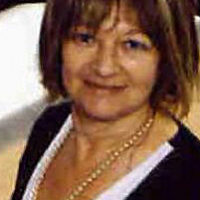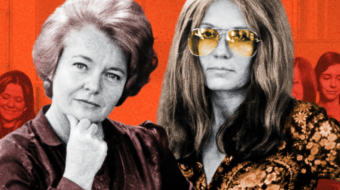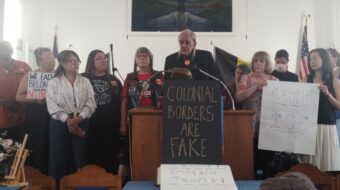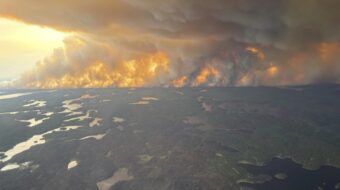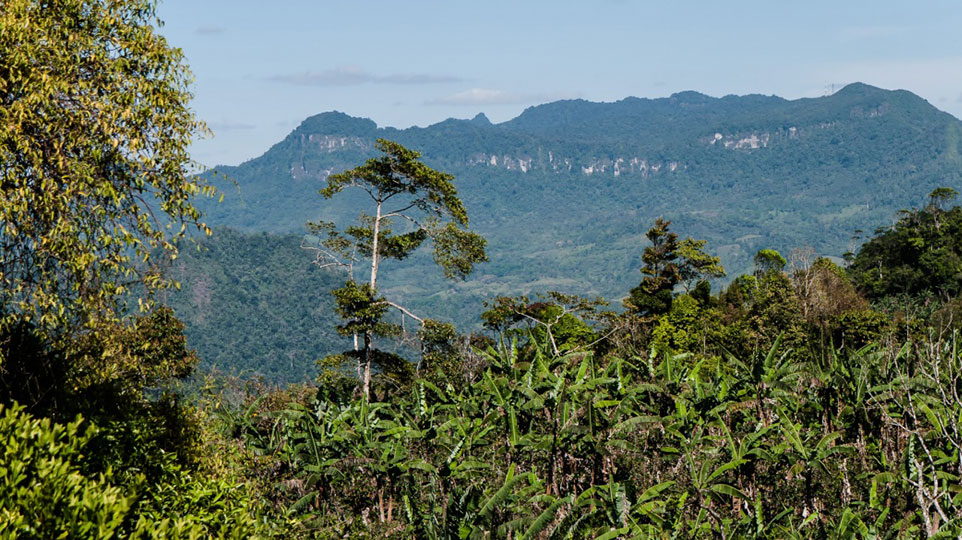
Mainstream media lost no time in seizing yet another opportunity to vilify Nicaragua unfairly in the wake of an attack by armed men on the indigenous community of Alal, near the town of Bonanza in Bosawas on January 29.
The BBC published a piece under the headline “Six indigenous people ‘massacred’ in Nicaragua,” reporting uncorroborated allegations by “rights” groups that at least six people were killed and another 10 kidnapped.
The piece included an allegation by “environmental group” the Rio Foundation, which has called the attack a “massacre” (the Rio Foundation is, in fact, one of the NGOs which lost its legal status in 2018 due to its complicity in the attempted coup); and a quote from Gustavo Lino, who they say is the “highest-ranking leader” of the indigenous Mayangna community, saying: “They’re exterminating us little by little and the state is doing nothing.”
Not to be outdone, the Guardian published an almost identical piece. It also stated that “indigenous communities have more recently criticized the government for not doing enough to protect them and their way of life.”
And Erika Guevara-Rosas, Amnesty International’s Americas director and a well-known supporter of Nicaragua’s opposition groups, has tweeted: “This attack is another example of the state’s indifference to the sufferings of the communities of indigenous Nicaraguans faced with illegal attempts to occupy their land.”
These reports are wildly inaccurate and bear no reality to the facts. Once again Amnesty International and mainstream media have based their information unquestioningly on opposition sources with no attempt to corroborate the facts or report either local Mayangna leaders’ accounts or the authorities’ version of the incident.
The attack on the Mayangna group took place in a protected nature reserve (the Bosawas Biosphere Reserve) in the north of the country.
The reserve has long been the focus of land disputes between indigenous groups and new settlers, but there are also disputes between different Mayangna and other indigenous peoples’ groups, some of whom are trying to sell their communally titled land illegally.
As the Guardian correctly reports, the reserve is enormous — the second-largest rainforest in the Americas — and extremely difficult to police effectively given the sparse population, lack of roads and difficult terrain.
The events in recent days at Alal have now been investigated by the Nicaraguan army and the police. Although early reports suggested that the incident had resulted in fatalities, initial police investigations subsequently confirmed several cases of serious injury and that 12 houses had been burnt down, but no evidence of deaths.
This has been confirmed by Eloy Frank, president of the government of the Mayangna nation, who has refuted the information being put out in social media regarding the scale of the deaths and alleged kidnappings.
He has also highlighted the fact that there has been continual communication with the police and regional authorities and that the Mayangna indigenous organizations have worked in coordination with the national police regarding territorial security, patrols, and peace in the communities and have full confidence that they can clarify the situation.
Police investigators have already identified the leader of the group responsible for the crimes and say they will ensure that those responsible are brought to justice.
Results of continuing police investigations were reported in a police press release on February 1, noting that during the course of January 31 along parts of the River Kahaska Kukun, seven-and-a-half miles east of Alal, in the community of Wakuruskasna — a different location from where they were first reported — a total of four people, two in one part of the river and two in another part, were found dead from gunshot wounds.
The police statement reports that local communities in the areas say they know of no-one who is disappeared or missing. The police investigation continues.
Taymond Robins, another Mayangna leader, has also highlighted the government’s treatment of the issue and confidence in the application of the relevant laws in the affected areas.
“We have that unavoidable commitment to our principles and to the government to work on the protection, conservation, and management of natural resources in what is the Bosawas Biosphere Reserve,” he said.
The Mayangna Nation is made up of 75 communities, 9 territories, and over 35 thousand inhabitants nationwide. The government has been attending and working with the communities through its institutions, city halls, national police, Conadeti (National Demarcation and Titling Commission) and the Nicaraguan army and indigenous leaders have highlighted the achievements and advances in the matter of the restitution of rights in their communities by the government.
Indigenous communities, once invisible, now receive support in their work on track cleaning, protection, management of forest areas, fire, among other activities covered by the government, territorial authorities, rangers, and indigenous volunteer officers.
Considerable advances have been made in terms of roads, health, education with a bilingual intercultural program traditional medicine, bioclimate programs, reforestation of the reserve, protection of resources and river basins and carbon sequestration.
Noe Coleman, a deputy of the Central American Parliament and representative of the indigenous peoples, has also stated that work is being carried out in coordination with the government, as a result of which much progress has been made on the issue of land rights.
“Thanks to our Government of Reconciliation and National Unity these communities have been changing dramatically from the issue of health, education and a bilingual education program that is developed in their own language in their different linguistic variants they have,” said Eloy Frank.


